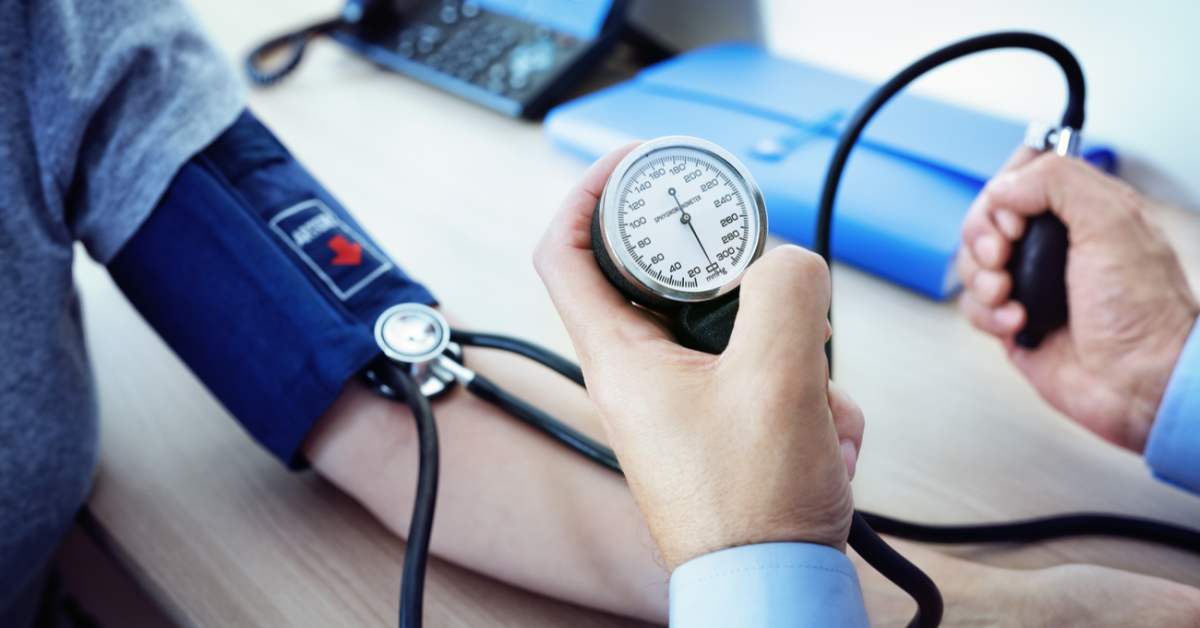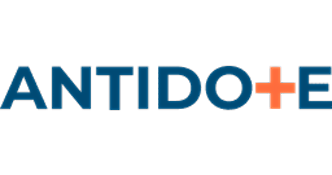Your support funds our research - if you use links or promotional codes found on this page, we may be compensated by that company. See our advertising disclosure.
Per The Centers For Disease Control & Prevention, around 47% (i.e. nearly half) of all American adults are believed to suffer from unhealthily high blood pressure, also known as hypertension. Hypertension is an especially dangerous condition due to its tendency to exacerbate the risks surrounding numerous other risky, potentially life-threatening health conditions, particularly cardiovascular health concerns like heart disease, heart attacks, and strokes.
In case you still don’t have a full appreciation of the scope and scale of the problem, here are some more staggering statistics that the CDC found regarding hypertension:
- Back in 2019, more than half a million deaths in the United States were found to be associated with hypertension, whether as a primary or contributory cause.
- Out of the 47% of U.S. adults believed to suffer from high blood pressure, only one in four (or 24%) are able to sufficiently control their condition.
- Around 34 million U.S. adults are believed to need prescription medication to keep their hypertension under control.
- Around 1 in 3 U.S. adults with hypertension may not even be aware that they suffer from hypertension.
- Cisgender men face a greater risk of suffering from high blood pressure (50%) than cis women (44%).
- On average, high blood pressure is believed to cost the U.S. a jaw-dropping $131 billion each year.
Like everything else pertinent to your health, your blood pressure experiences natural ebbs and flows, highs and lows, and ups and downs, rising and falling throughout the day. A persistently high blood pressure though, as well as all of the following symptoms, could all potentially be indicative of hypertension:
- Random headaches or nosebleeds
- Random fatigue, nausea, or confusion
- Irregular heartbeat rhythm
- Sharp chest pain
- Shortness of breath
- Otherwise inexplicable vision problems
- Bloody urine, vomit, or stool
Talk To An Online Doctor About Hypertension
It’s important to note that these symptoms only apply to the most severe, extreme cases of hypertension. As we emphasized before, a sizeable portion of people with hypertension aren’t even aware that they have the condition. High blood pressure is often a subtle, silent, and pernicious condition that, if left untreated, places patients at grave risk of suffering from one of the deadliest silent killers in the country; heart disease.
Ready to talk to someone about hypertension? Get $10 off your first online doctor consultation at Antidote Health using promo code “RELIEFSEEKER” Click here to book an appointment.
Even with the chaos of the COVID-19 pandemic yielding unprecedented upheaval and widespread tragedy across our healthcare system, the Think Global Health initiative determined that ischemic heart disease is still the leading global cause of death around the world, believed to have killed over 15 million people since the start of 2020 alone.
Due to hypertension’s notoriety as such a silent, but potentially deadly condition, it’s important to nip it in the bud early if you’re able to have the opportunity to do so. Whether online or offline, it’s important to work with a trusted healthcare provider equipped with the resources, expertise, and know-how necessary to identify the problem before it gets out of hand.
Early diagnosis and preventative measures are a must for getting hypertension and blood pressure under control. One simple, yet effective measure you can take to mitigate the risk of hypertension is by improving your diet.
You may not have to go completely cold turkey, but if you suffer from hypertension or suspect that you might, it would be wise to moderate or limit your intake of certain foods. If symptoms persist or worsen, it would also be wise to talk to an online doctor about hypertension, through a trusted provider such as Antidote Health. Keep reading for a thorough rundown of both preventative strategies, and the types of foods to avoid if you have hypertension.
List of Foods To Avoid If You Have High Blood Pressure
1.) Salty Foods
Any food high in excess salt (or more specifically, the excess sodium found in salt) risks elevating blood pressure in the long term if you overindulge. High sodium intake is known to correlate with a higher risk of high blood pressure, so if you’re keen on avoiding that, you should consider lowering your intake of common salty foods such as:
- Salted, smoked, cured, and breaded meats
- Frozen or canned processed foods
- Chips, pretzels, and other salty snacks
- Breads, rolls, bagels, and salty baked goods
- French fries and other salty side dishes
- Burgers, hot dogs, and other sandwiches
If you can’t imagine yourself curtailing your cravings for the above for good, it would be smart to keep your intake within a healthy limit. Generally speaking, the CDC considers 2,300mg of sodium to be a good universal daily intake limit. On the more granular level, 140mg per serving is considered a low serving of sodium, whereas anything above 400mg is considered a high serving, and may risk exceeding the recommended limit.
You may also want to consider opting for healthier alternatives to fulfill your savory snack cravings; the American Heart Association has linked both unsalted nuts and unsalted, unbuttered, air-popped popcorn with a potentially lowered risk of cardiovascular disease! (In moderation, of course).
2.) Red Meat
Red meat, as well as the metabolic processes triggered by eating red meat, have both been shown to correlate with an increased risk of worsening hypertension and overall cardiovascular health. A fairly wide, decades-spanning body of research has come to establish this information through the years, but if you’re wondering about the exact percentage of increased risk, one recent Oxford study estimates that red meat could raise your risk of heart disease as much as 9-18%.
The classification “red meat” specifically refers to the meat of mammals, which is often pinkish or red when raw, hence the namesake. Types of red meat include:
- Beef
- Goat
- Venison
- Pork
- Lamb
Barbeque party cookouts can make for a fun way to kill time in warmer weather, but be sure not to go overkill on that grill folks! The World Cancer Research Fund recommends eating no more than three whole portions (AKA 12-18 ounces, or 350-500 grams) of red meat or processed meat each week.
3.) Alcohol
Alcohol use disorder has long been known to exacerbate the risk of worsening other mental and physical health conditions, but the American Heart Association has specifically linked binge drinking to an elevated risk of developing hypertension. Overconsumption of alcohol is also often cited as an independent heart disease risk factor in its own right.
The National Institutes of Health defines “binge drinking” as 14 or more drinks per week for men, or 7 or more drinks per week for women. To reduce your risk of hypertension, be sure to keep your regular drinking intake below that threshold. If you’re still struggling to limit your alcohol intake, consider speaking with an online therapist or healthcare professional who can help.
4.) Sugary Foods
Much to your sweet tooth’s chagrin, what’s good for your palate may not be quite as good for your blood pressure. Believe it or not, research (like this one 2014 study published in the BMJ’s Openheart journal) suggests that foods high in sugar may pose an even greater risk of worsening hypertension than salty foods.
Sugary foods could include:
- Granola bars
- Candies
- Chocolates (with added sugar)
- Deserts
- Ice Cream
- Pastries
- Pies
- Cakes
- Crackers
Try your best to limit your regular intake of all of the above, or just to foods with healthier, alternative sweeteners. If you’re having trouble maintaining a healthy diet, consider speaking to an online doctor through a platform like Antidote Health, or trying behavioral-change-based telehealth diet programs like Noom. (Click here to get a $0.50 7-day trial discount!)
5.) Saturated Fats
Health professionals recommend that saturated fats make up no more than 5-6% of your total daily caloric intake. Saturated fats in excess are known to raise high blood pressure and are commonly found in foods such as:
- Cooking oils and fats
- Processed meats
- Desserts
- Full-fat dairy products
Moderate your intake of all of the above if possible. If you’re having trouble controlling your diet though, or are still struggling with hypertension in the face of diet changes, consider consulting a trusted healthcare provider.


